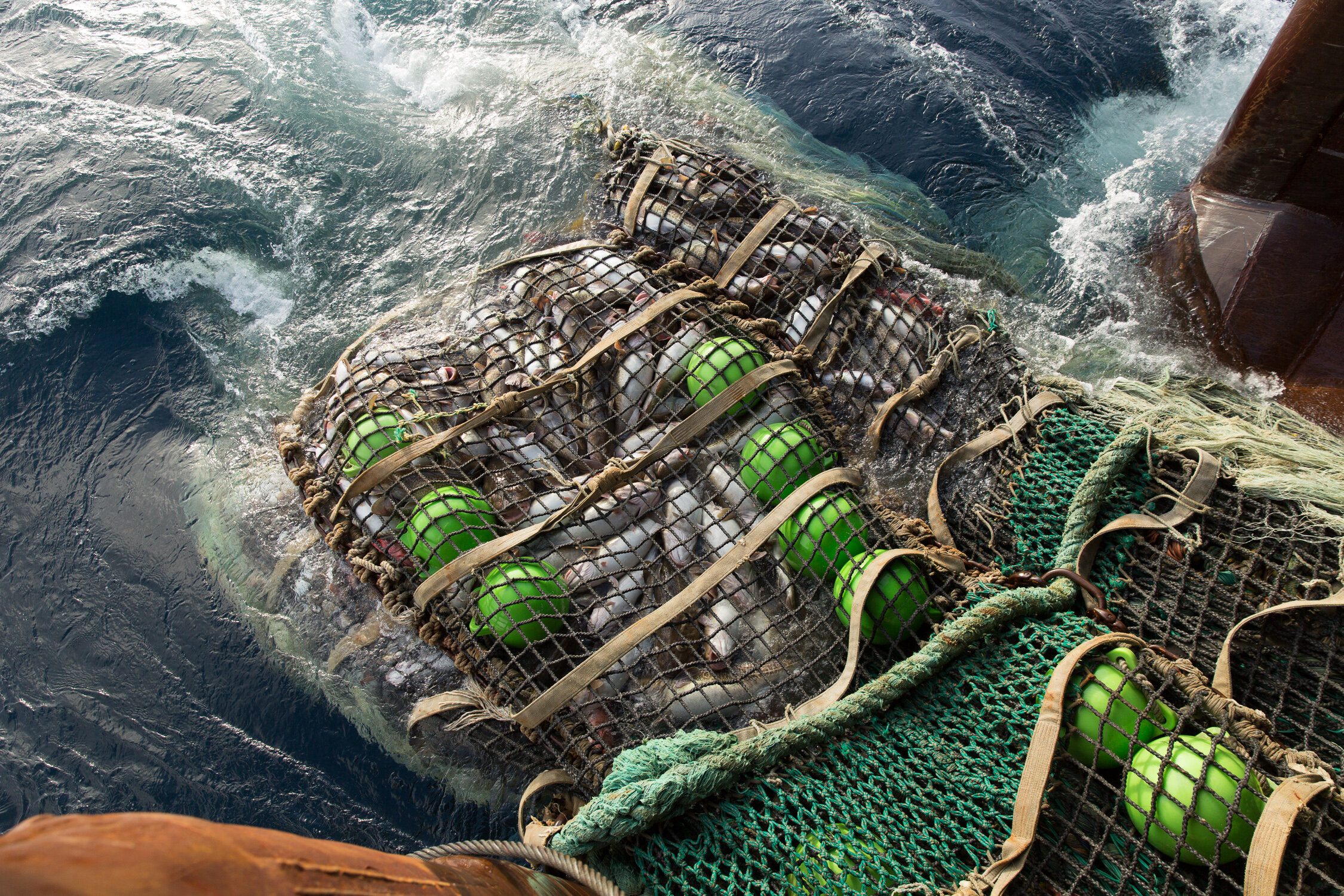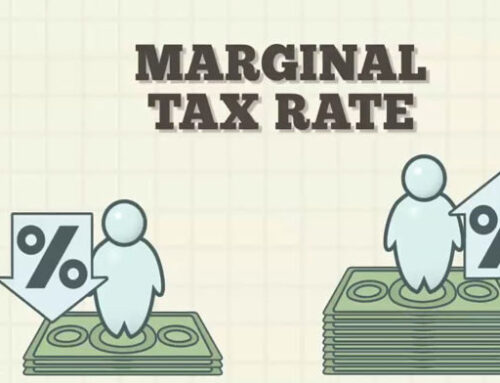If your workplace resembles a boat rather than a traditional office, and your job doesn’t fit the typical 9-5 schedule, chances are you rely on fishing income for tax category as an fisher to stay afloat. If this resonates with you, it’s crucial to familiarize yourself with the guidelines set by the Canada Revenue Agency (CRA) for reporting this type of income. To help you get started, we’ve compiled some valuable tips to ensure a smooth tax reporting process.
Choosing Your Tax Category as a Fisher: Maximizing Deductions at Tax Time
If your workplace resembles a boat more than a traditional office, and your job doesn’t follow the typical 9-5 routine, chances are you rely on fishing income to keep things afloat for tax category as a fisher. In such cases, it’s essential to understand how the Canada Revenue Agency (CRA) expects you to report this income. We’ve gathered some valuable tips to help you navigate the tax season with confidence and make the most of available deductions.
Determining Your Tax Category as a Fisher
For tax purposes, fishers are categorized into three distinct groups, each with its own set of deductible expenses:
Category 1:
If you own or rent a fishing vessel, you’ll report your gross fishing income and claim all relevant expenses. Deductible expenses include shares paid to shares people (fishers and crew members who receive a portion of the catch), wages paid to employees, and Capital Cost Allowance (CCA) on capital assets used in your fishing business for tax category as a fisher. These assets can range from nets and dock space to boats and other investments related to your business.
Category 2:
Captains who don’t own or rent the fishing vessel can still claim necessary expenses that are not covered by the owner and are directly related to earning income for tax category as a fisher. For example, expenses incurred for personal navigation aids, gear, or transportation costs while transporting the crew would be deductible.

Category 3:
Shares people, who receive income based on the success of the catch rather than a fixed wage, are considered self-employed rather than employees. In this tax category as a fisher, operating expenses have already been deducted from the income reported on the tax return, which means you cannot claim them again. However, you can still claim personal expenses that you personally paid for, such as rubber gear, knives, and gloves.
Also Read: Are tipping subject to taxation in Canada?
By understanding which category, you fall under, you can ensure that you claim the appropriate expenses and make the most of available deductions for tax category as a fisher. Remember, fishing income can fluctuate significantly, and substantial capital expenditures may be necessary for your business. Being well-informed about the tax breaks specific to fishing income will help you reel in the maximum benefits on your tax return.
Fishing enthusiasts, both casual and dedicated, enjoy the thrill of the catch and the serenity of being on the water. However, the tax implications of this beloved hobby can sometimes be overlooked. To ensure that you’re making the most of your fishing experiences, it’s crucial to choose the appropriate tax category as a fisher based on your fishing type. In this blog, we’ll explore different fishing categories and help you identify which one best fits your fishing style when it comes to taxes.
-
Recreational Anglers
Recreational anglers fish primarily for enjoyment and relaxation. They often fish during their leisure time, whether it’s on weekends, holidays, or vacations. If you fall into this category, here’s what you need to know about the tax implications:
- Personal Use: For most recreational anglers, the fish they catch are for personal consumption and enjoyment. In general, fish caught for personal use are not subject to taxation.
- Expenses: Expenses related to recreational fishing, such as fishing gear, licenses, and travel costs, are typically not tax-deductible. However, if you participate in fishing tournaments or run a related blog or YouTube channel as a side business, you may be able to deduct some of these expenses.

-
Sport Fishermen
Sport fishermen take their fishing passion to a more competitive level. They participate in fishing tournaments, aim to catch trophy-sized fish, and often invest in specialized equipment for tax category as a fisher. Here’s what you should consider for tax purposes:
- Tournament Winnings: If you participate in fishing tournaments and win cash prizes or merchandise, these winnings may be subject to taxation. You should keep accurate records of your tournament-related expenses and report your winnings to the IRS.
- Equipment and Travel Expenses: If fishing is a significant part of your income or if you have sponsorship deals related to your fishing activities, you may be able to deduct expenses like fishing gear, travel, and tournament entry fees as business expenses.
-
Commercial Fishermen
Commercial fishermen make their living from fishing. They may operate fishing boats, harvest seafood for sale, or engage in other fishing-related businesses. Here’s what you should know about taxes as a commercial fisherman:
- Income Reporting: All income from commercial fishing activities is subject to taxation. This includes the sale of fish, seafood, and related products. You must maintain accurate financial records and report your income to the IRS.
- Business Expenses: As a commercial fisherman, you can deduct legitimate business expenses, such as boat maintenance, fuel costs, gear, and crew salaries, tax category as a fisher from your taxable income.
- Special Deductions: There are specific tax deductions available to commercial fishermen, such as the Qualified Business Income Deduction (QBI) and deductions for fishing-related expenses. It’s advisable to work with a tax professional who understands the fishing industry to maximize your deductions.
Also Read: Are Gifts To Customers And Business Associates Deductible Expenses?
Conclusion
Identifying your fishing type and understanding the tax implications is essential for both enjoying your hobby and managing your financial responsibilities. Whether you fish purely for recreation, compete in tournaments, or make a living as a commercial fisherman, keeping accurate records and staying informed about tax category as a fisher regulations in your specific category can help you make the most of your fishing experiences while ensuring compliance with tax laws. Consider consulting with a tax professional who can provide personalized guidance based on your fishing activities and financial goals.
Recent Posts
FAQ
What expenses can captains claim if they don't own or rent the fishing vessel?
Captains who do not own or rent the fishing vessel can still claim necessary expenses that are not covered by the owner and are directly related to earning income. This includes expenses incurred for personal navigation aids, gear, or transportation costs while transporting the crew. These expenses are deductible and can help reduce the taxable income for captains in this situation.




